
Sustainability is the only path forward
We believe there will only be one way to run our business moving forward: sustainably.
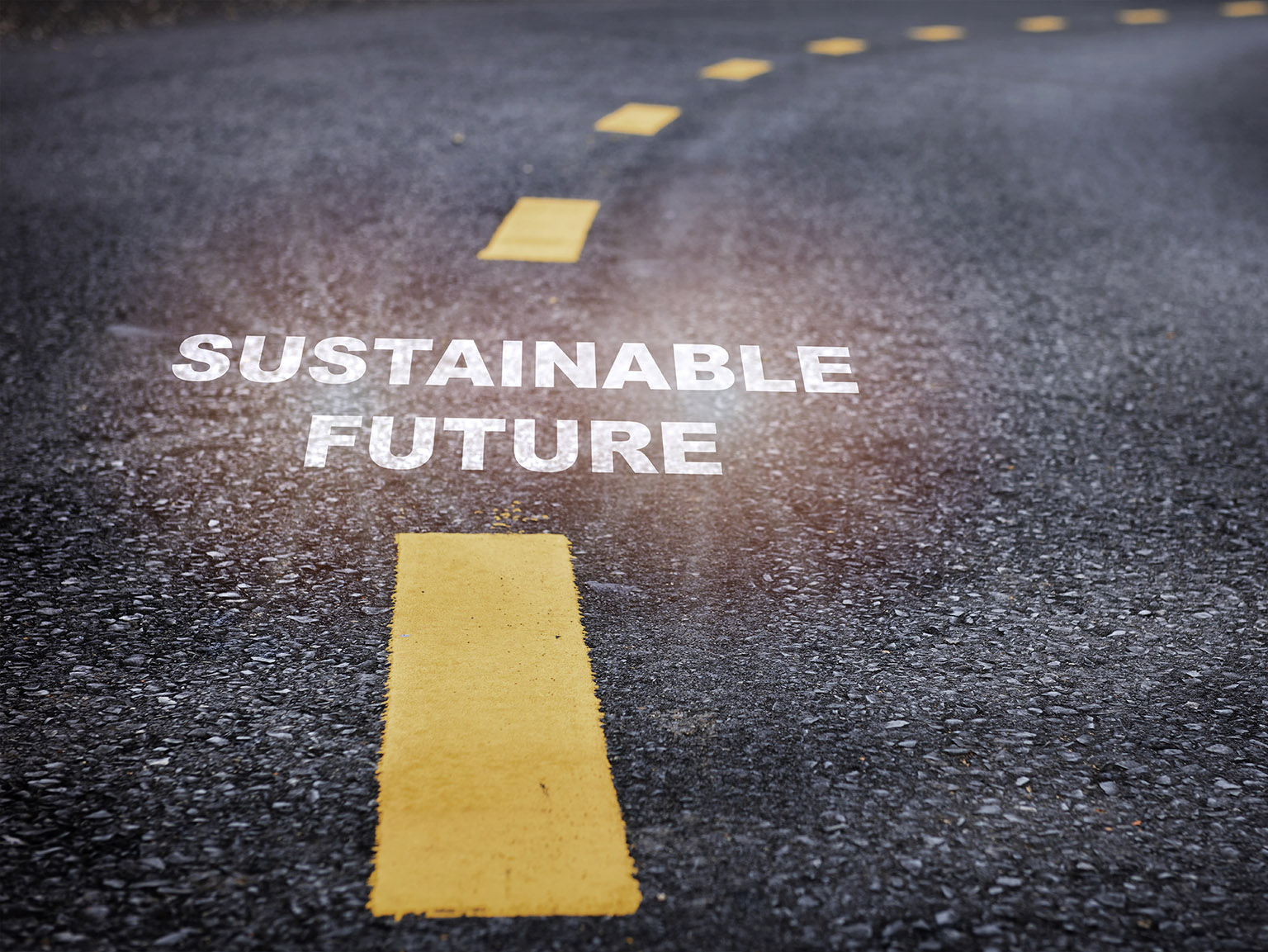
Sustainability is profitability
Incorporating sustainability and social responsibility as natural parts of our business allows us to cleverly and creatively find paths that lead to improved efficiency and reduced consumption of resources. At the same time, we are improving our products with a longer lifespan, better materials, the right functionality and timeless design. This makes our products more attractive to our customers and profitable for us while contributing to a better world.
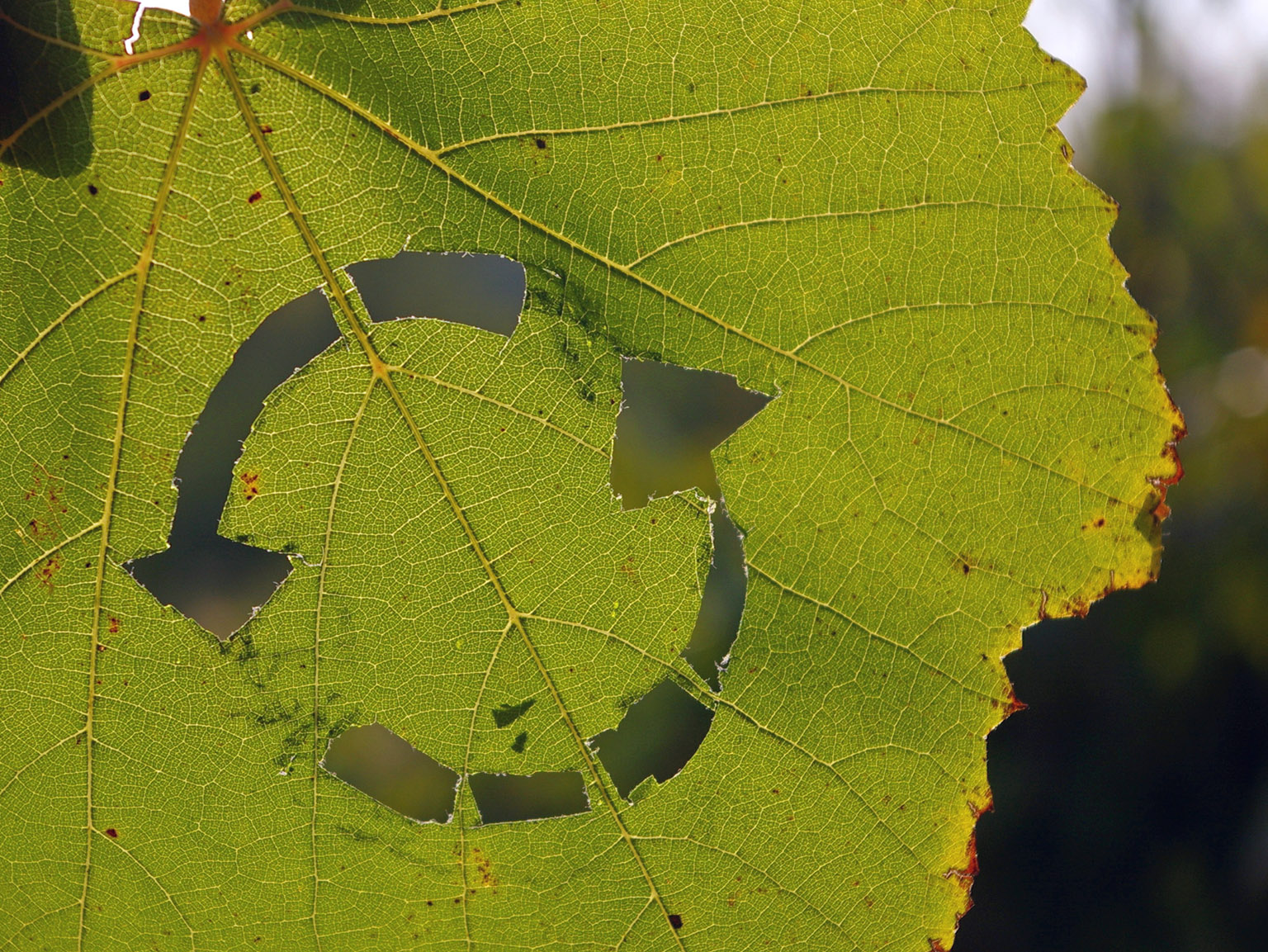
The closed-loop economy
Throughout our business, we think circular. This allows us to create an overall whole in which Båstadgruppen becomes the link that connects what our customers want to what the planet can handle, and improved quality of life for the people who make our products.
You might see it like this:
Our customers want to pay for sustainable clothing that follows the principles of using and reusing, rather than using and throwing away. We can help them make informed and intentional choices based on the social and environmental impact of the products.
Our products are made in countries where, together with our suppliers, we work to ensure good working conditions, a safe work environment, and above all – respect for the human rights of all workers. In addition, the direct environmental impact is usually greatest where products are produced.
By being a stable and profitable company that builds business sustainably, we can close the circle. What is best for our customers is also best for our suppliers and absolutely necessary for us.

South West takes all of Båstadgruppen to the next level.
Båstadgruppen, owned by Storskogen, has had sustainability on the agenda for a long time. But in 2019 when we bought Sandryds, which is now represented by the brand South West, they brought with them a long history of always being one step ahead – both in environmental work, and with social responsibility. With South West as a locomotive, all of Båstadgruppen has adopted the vision that all products should contribute to a responsible and circular economy.
The goal is not just 100% sustainable products
In 2022, half the sales volume of South West clothing was certified or made using recycled material, a milestone of which we are proud – that figure is 80% for T-shirts.
But we have no end goal for our sustainability initiatives. Even when we achieve our vision – for all of our products to contribute to a responsible and circular economy – we will set new goals and our work will continue.
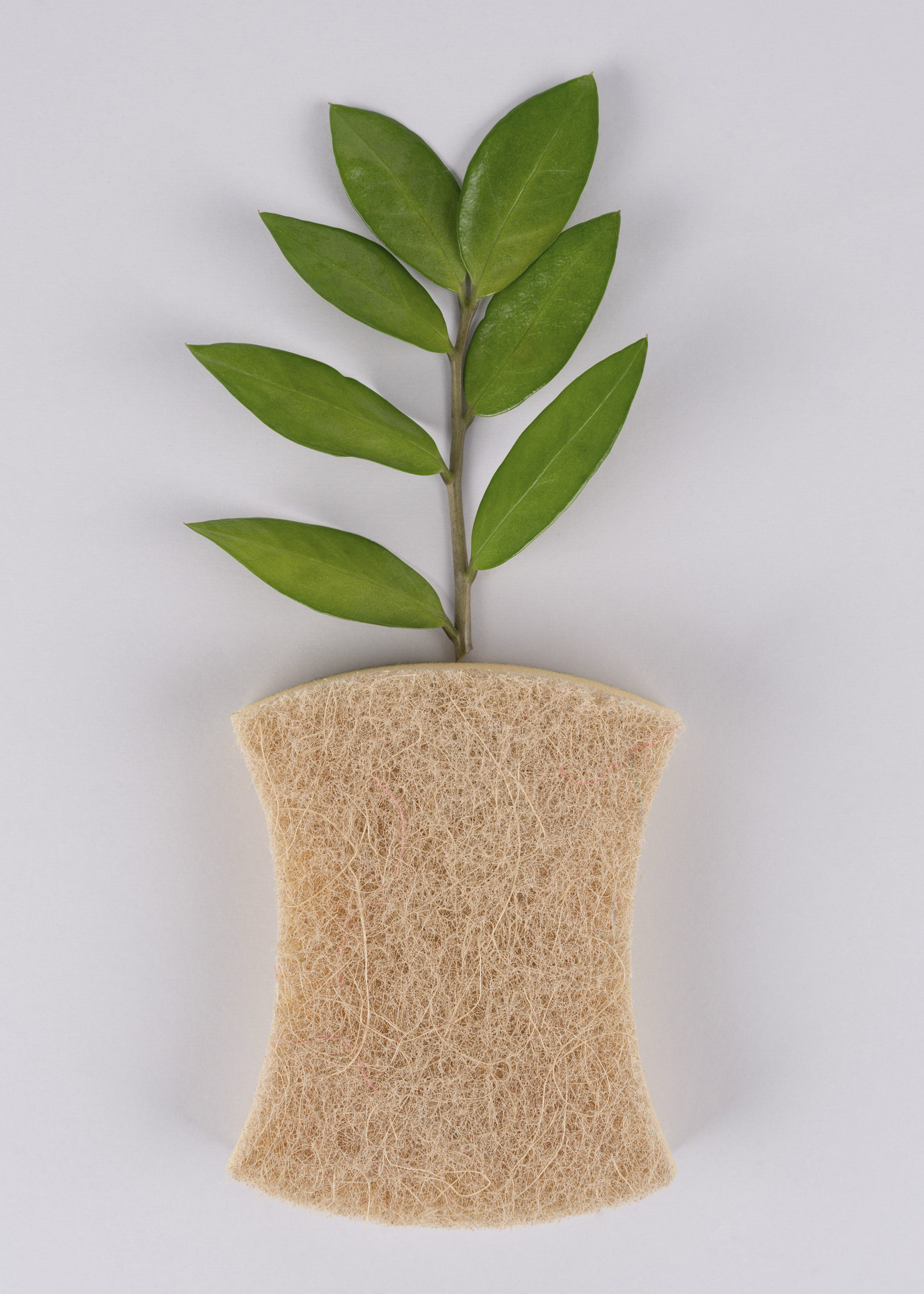
Focus areas for our sustainability initiatives
South West has long worked with four focus areas: water, cotton, more sustainable materials, and a transition to a circular economy. In recent years, we have also focused on the environmental impact of our products in the form of emissions.
Cotton and sustainable materials
Cotton is a limited resource that will not be enough for everyone as the population of our planet grows. South West has focused on replacing traditionally grown cotton with certified organic cotton in our top-selling product groups. South West also offers garments made of bamboo and recycled PET, and the work to switch to other sustainable materials, such as cellulose, is within reach.
Circular economy
A large part of the circular economy is reusing the resources you have.
For South West, that primarily means extending the lifespan of our products by helping customers choose the right product for the right area of use. We believe this will reduce wear on garments and allow them to be used for a longer period of time.
Moving forward, we are considering using new processes to recycle cotton textile fibres, but development is still needed in this area before this is possible for all kinds of materials.
Environmental impact
We now know that the production of our garments impacts the environment through CO2 emissions. 80% of the environmental impact of a garment occurs during the production phase, usually when making and dyeing the fabric.
Through our involvement in the Swedish Textile Initiative for Climate Action (STICA), we have started to measure and set goals to reduce emissions. Much of this involves energy efficiency in factories and transitioning to renewable energy.
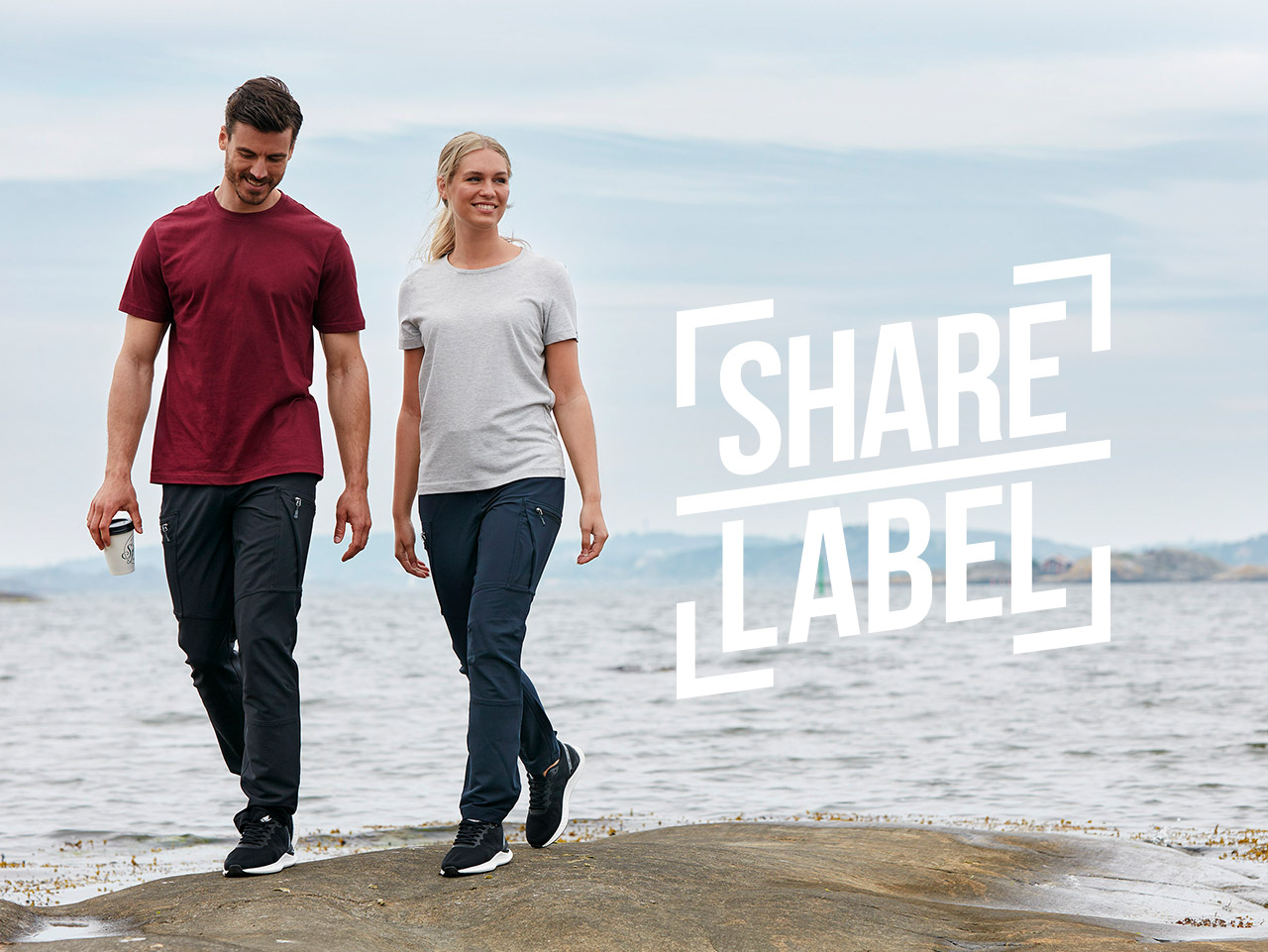
SHARELABEL
All South West products are marked with a QR code to make it easy for users to find information about the garment’s sustainable production and materials. They can also find tips and maintenance information to extend the product’s lifespan. Ultimately, we believe we can build in more info about the garment’s CO2 emissions, and where and how it can be recycled.
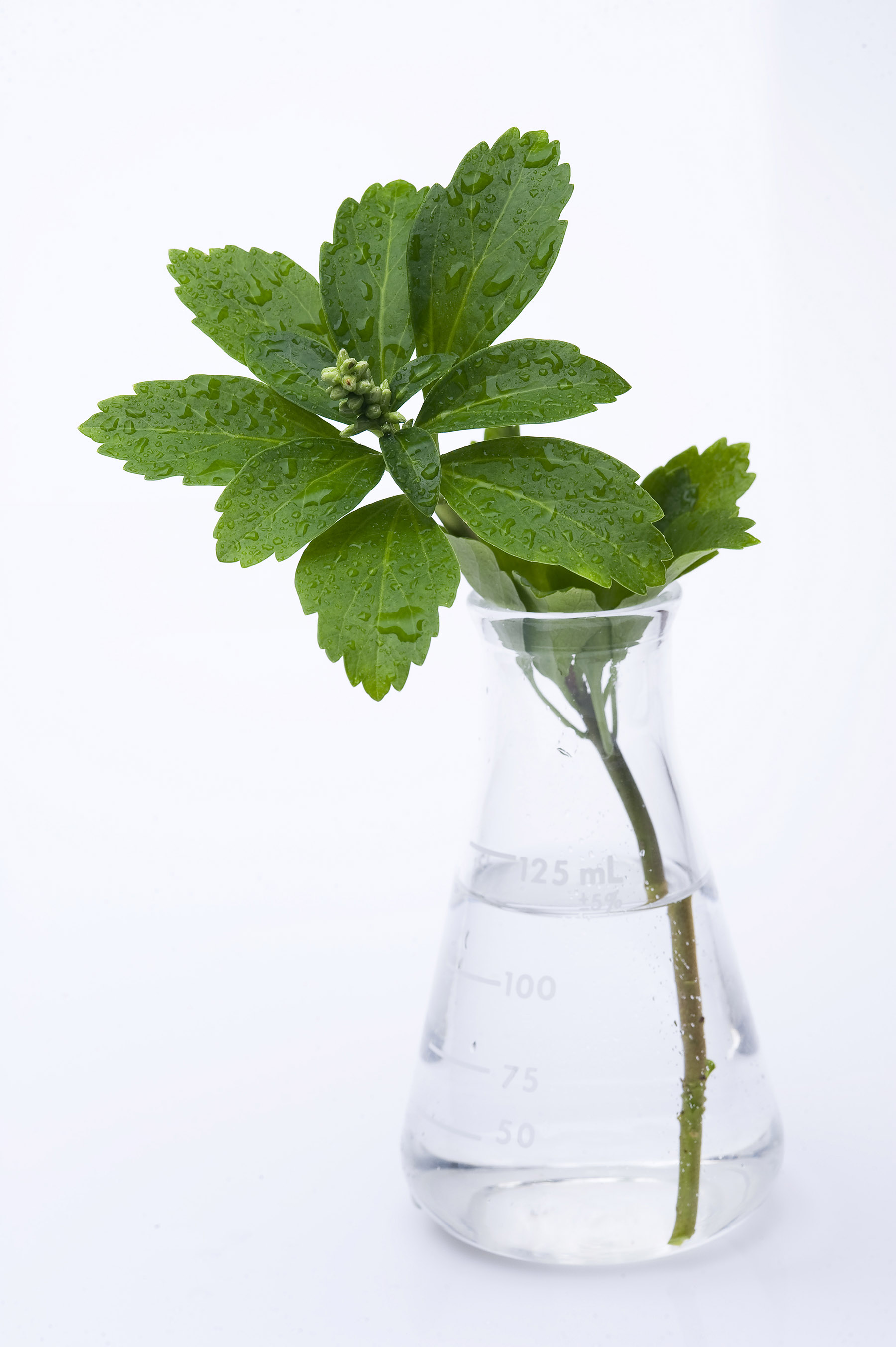
Chemicals
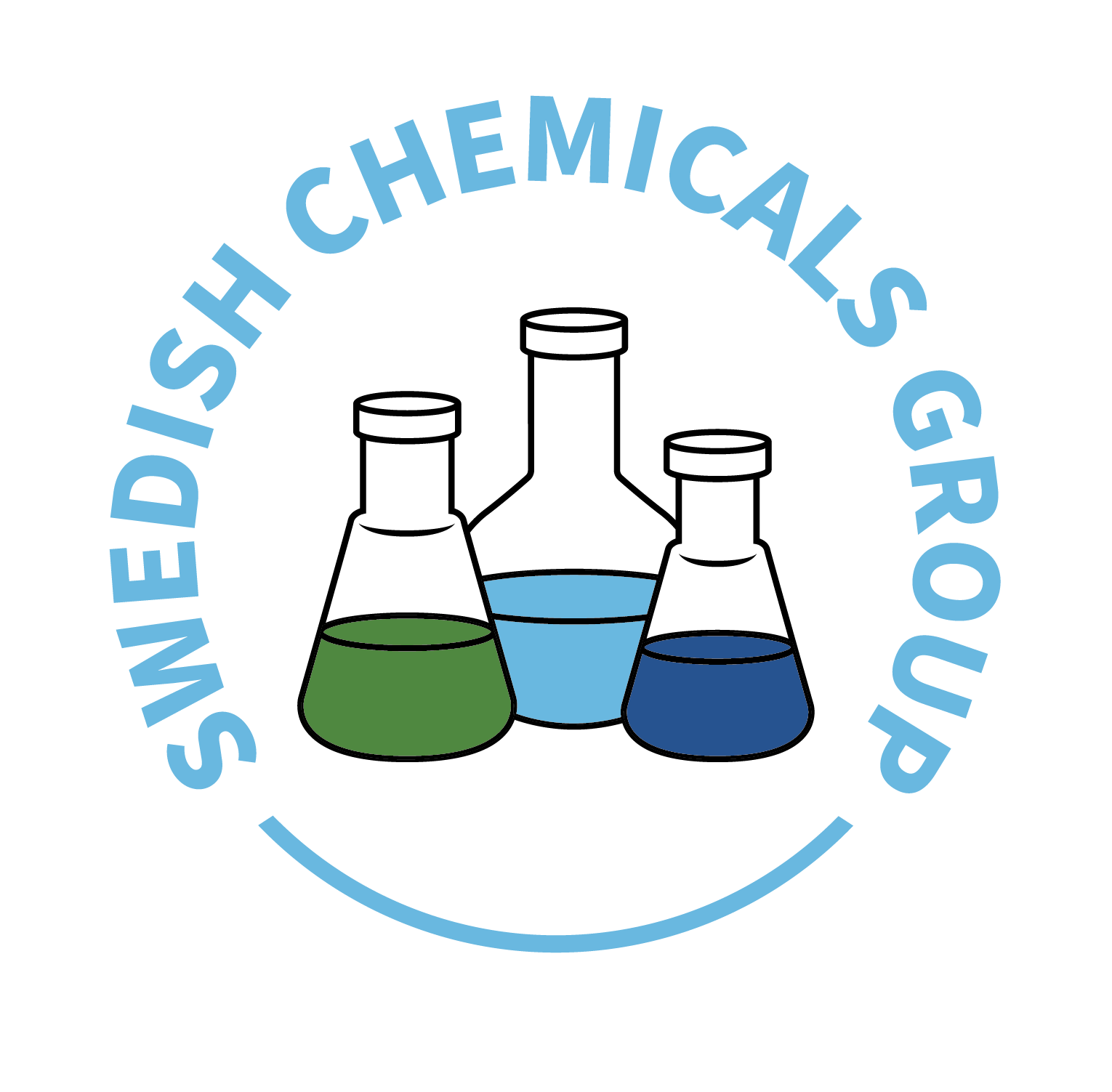
Swedish Chemicals Group spreads the latest information in chemical and environmentally related matters to member companies in the textile and electronics industries.
The OEKO-TEX STANDARD 100 is one of the world’s best-known labels for textiles tested for harmful substances. It confirms the high product safety and customer confidence in textiles. The label is awarded to textile products that have been tested for harmful substances and found to be safe for human health.
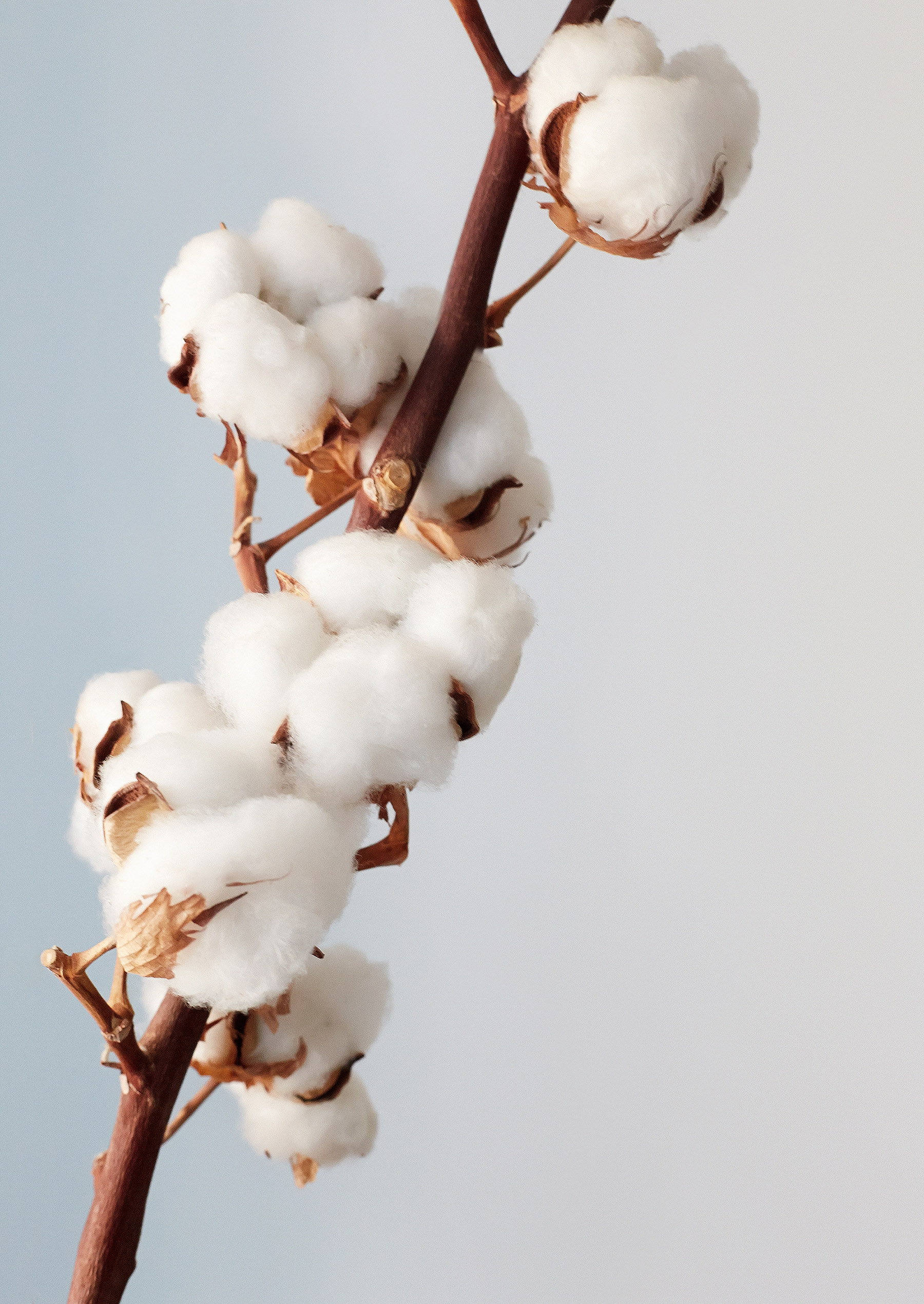
Sustainable materials
GOTS which stands for Global Organic Textile Standard, is a widely recognized and respected certification for organic textiles. In a nutshell, GOTS sets the criteria and standards for the production, processing, and labeling of organic fibers, ensuring that textile products are made with environmental and social responsibility in mind.
Here are the key points about GOTS:
1. Organic Fiber Requirements: GOTS requires that textile products labeled as "organic" must contain a minimum percentage of certified organic fibers. This means that the raw materials used, such as cotton or wool, must be grown without the use of synthetic pesticides or genetically modified organisms (GMOs).
2. Environmental Criteria: GOTS has strict environmental standards that cover the entire textile production process. These include restrictions on the use of harmful chemicals and dyes, guidelines for waste management and energy consumption, and requirements for water treatment and conservation.
3. Social Criteria: GOTS also places importance on the social aspects of textile production. It requires compliance with international labor standards, ensuring fair and safe working conditions for the employees involved in the production process.
4. Traceability and Supply Chain Transparency: GOTS requires traceability throughout the entire supply chain. This means that from the raw material source to the final product, all stages of production must be certified, ensuring that the organic integrity is maintained and verified.
5. Labeling and Certification: Products that meet GOTS standards can carry the GOTS label, indicating their organic and sustainable credentials. To obtain this label, manufacturers and processors must undergo a comprehensive certification process, including inspections and compliance with GOTS criteria.
GOTS certification provides assurance to consumers that the textile products they purchase have been produced in an environmentally and socially responsible manner. It promotes sustainability, supports organic farming practices, and contributes to a more ethical and conscious textile industry.
OCS The Organic Content Standard is a certification standard that verifies and tracks the content of organically grown materials in products. OCS certification applies to various organic materials, including cotton.
Key points about OCS-certified cotton:
1. Organic Farming Practices: OCS-certified cotton is grown using organic farming practices. This means that it is cultivated without the use of synthetic pesticides, herbicides, or genetically modified organisms (GMOs). Instead, organic farmers rely on natural methods, such as crop rotation, biological pest control, and composting, to maintain soil fertility and control pests.
2. Environmental Benefits: OCS-certified cotton helps reduce the negative environmental impacts associated with conventional cotton production. By avoiding the use of synthetic chemicals, it minimizes soil and water contamination, reduces greenhouse gas emissions, and promotes biodiversity.
3. Quality and Safety: Organic cotton is known for its high quality and softness. OCS-certified cotton ensures that the cotton used in a product meets the required organic standards. It provides assurance to consumers that the cotton has been grown and processed without the use of harmful chemicals.
4. Supply Chain Transparency: OCS-certified cotton requires a transparent supply chain. It tracks the flow of organic materials from the farm to the final product, ensuring that the organic content is accurately identified and reported. This traceability helps consumers make informed choices and supports the integrity of organic claims.
5. Global Standard: The OCS is a global standard recognized and accepted by various stakeholders, including brands, manufacturers, and consumers. It provides a consistent framework for verifying and communicating the organic content of products, promoting transparency and trust in the marketplace.
It's important to note that OCS certification specifically focuses on the organic content of a product and does not cover other aspects of sustainability, such as labor practices, social responsibility, or water usage. Other certifications, such as the Global Organic Textile Standard (GOTS), may encompass a broader range of sustainability criteria.
When looking for OCS-certified cotton products, it's advisable to check for the OCS logo or certification information on the product label or consult the brand's website for details about their certification and sustainability practices.
Fairtrade cotton is a certification system that aims to promote fair and sustainable practices in the cotton industry. It is designed to ensure that cotton farmers receive fair prices for their crops and work under safe and humane conditions. While Fairtrade cotton is not inherently "better" than conventional cotton, it offers certain advantages and benefits.
1. Fair prices: Fairtrade guarantees a minimum price for cotton, which helps farmers earn a sustainable income and support their families. This stability can improve their living conditions and provide access to education, healthcare, and other essential services.
2. Fair labor conditions: Fairtrade standards prohibit forced labor, child labor, and unsafe working conditions. They promote fair wages, reasonable working hours, and the right to freedom of association for cotton workers. By choosing Fairtrade cotton, consumers can support ethical and responsible practices in the industry.
3. Environmental sustainability: While Fairtrade primarily focuses on social aspects, it also encourages environmentally sustainable practices. Fairtrade-certified cotton farmers must follow certain guidelines regarding pesticide use, water management, and soil conservation. However, it's worth noting that Fairtrade does not have the same level of environmental criteria as organic certifications.
4. Community development: Fairtrade premiums are additional funds that are paid to farmers' cooperatives or communities. These premiums can be invested in various social and economic development projects, such as education, healthcare, infrastructure, or agricultural improvements. This contributes to the overall well-being of cotton-growing communities.
5. Transparency and traceability: Fairtrade certification ensure a transparent supply chain by requiring rigorous auditing and documentation. This helps consumers trace the origin of the cotton and verify that it was produced under Fairtrade standards.
It's important to note that Fairtrade is just one certification among many in the market, and it has its limitations. Some critics argue that it may not go far enough to address systemic issues in the cotton industry, such as environmental impact or market access for small-scale farmers. However, supporting Fairtrade cotton is a positive step towards more ethical and sustainable cotton production.
GRS refers to the Global Recycling Standard. It is a certification system and standard that sets criteria for the processing, manufacturing, and labeling of recycled materials. The GRS aims to promote transparency, environmental responsibility, and social compliance in the recycling industry.
In a nutshell, the Global Recycling Standard:
1. Sets criteria: GRS establishes specific requirements for the content and origin of recycled materials, ensuring that they are sourced from responsible recycling practices.
2. Promotes traceability: GRS emphasizes traceability throughout the supply chain, from the collection of recycled materials to their final use, to verify their authenticity and sustainability.
3. Encourages environmental considerations: The standard encourages the reduction of environmental impact during the recycling process, including energy consumption, water usage, and the handling of chemicals.
4. Addresses social compliance: GRS includes provisions to ensure that workers involved in the recycling process are treated fairly, with respect for labor rights and safe working conditions.
5. Enables labeling and communication: GRS allows products made from recycled materials to carry the GRS logo or label, providing consumers with confidence that the product meets certain environmental and social standards.
In summary, the Global Recycling Standard (GRS) is a certification system that promotes responsible recycling practices, transparency, and sustainable use of recycled materials in various industries.
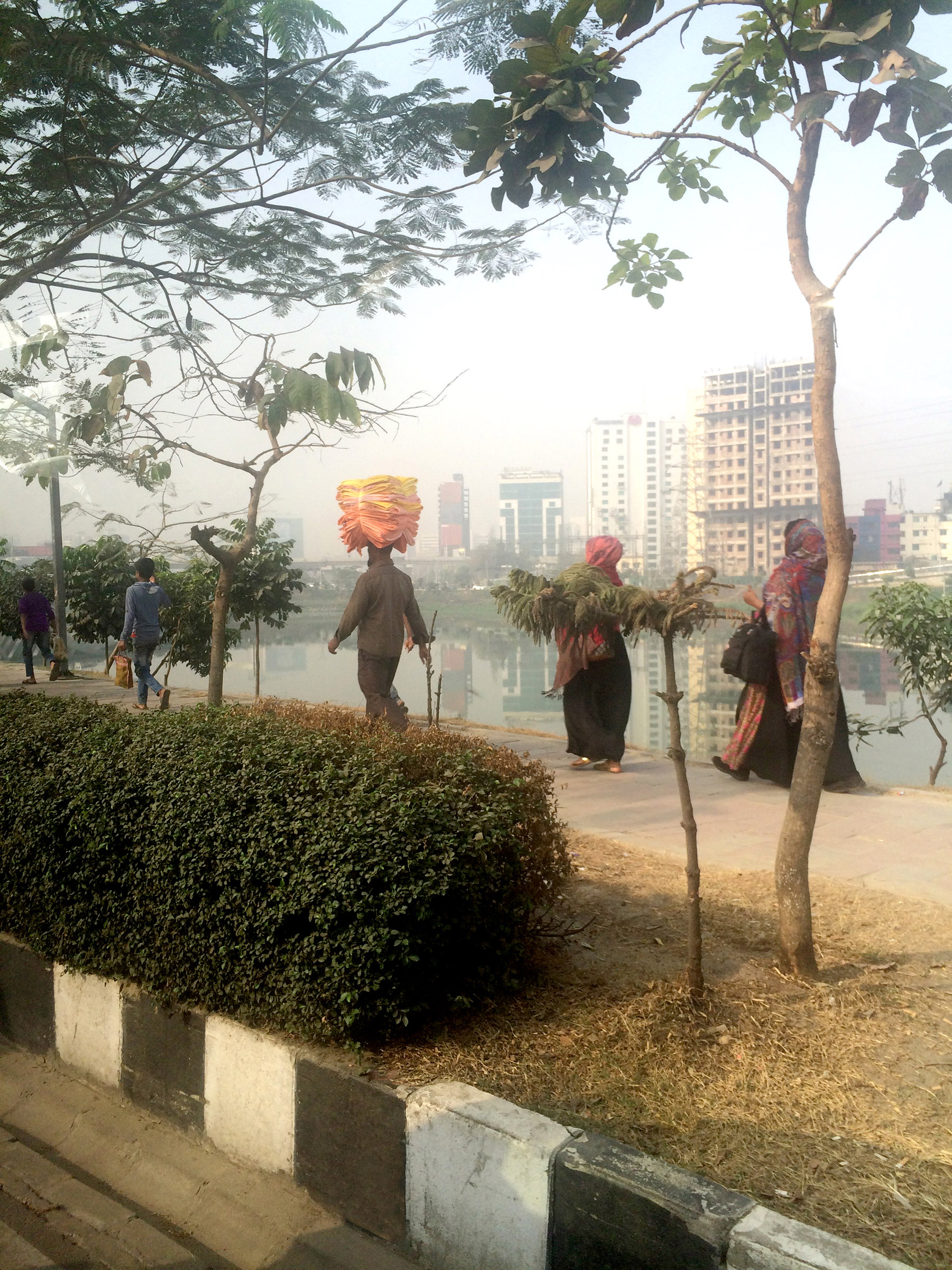
Initiative
Amfori BSCI stands for Business Social Compliance Initiative. It is an industry-driven movement that aims to monitor and assess workplace standards across the global supply chain. The initiative was established in 2003 by the Foreign Trade Association (FTA), which is a leading business association of European and international commerce that brings together over 1,500 retailers, importers, brands, and national associations to improve the political and legal framework for trade in a sustainable way.
BSCI provides companies with a social auditing methodology and report to help them gradually improve working conditions in their supply chain. It does not organize audits itself but provides a network of external accredited, experienced, and independent auditing companies. The social audits only represent one pillar of activity, complementary to capacity building and strong relations with all stakeholders of the supply chain.

The International Accord for Health and Safety in the Textile and Garment Industry is a legally binding agreement between 200 garment brands and global trade unions with a mission to ensure safe workplaces in the textile and garment industry. The agreement promotes worker safety through independent inspections, remediation, and training programs and recognizes the rights of workers to organize, refuse unsafe work, and raise health and safety concerns. The accord is committed to promoting transparency and accountability by ensuring that signatories and factories remain transparent while advancing workplace safety.
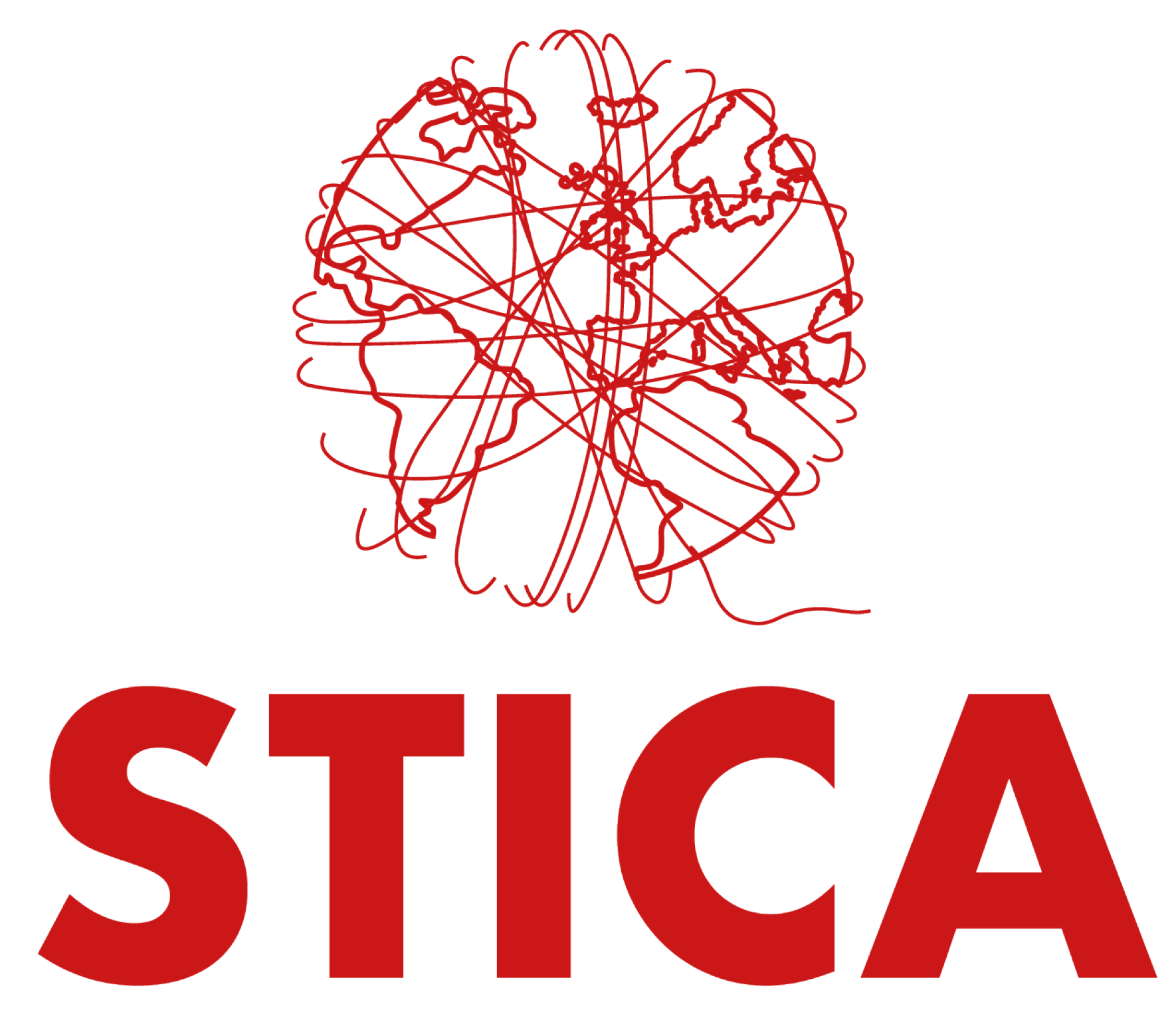
STICA stands for Swedish Textile Initiative for Climate Action. It is an initiative launched by the Sustainable Fashion Academy to support the apparel and textiles industry in reducing its climate impacts and transforming the industry. The initiative aims to provide a platform for collaboration, knowledge sharing, and developing common tools for the industry. The apparel and textiles industry is responsible for a significant amount of greenhouse gas emissions, contributing to global warming. STICA aims to help the industry reduce its climate impacts by setting science-based targets for greenhouse gas reductions, creating realistic plans for reducing emissions, and reporting on progress regularly. STICA also wants to ensure that Scandinavian countries and the global industry do more than their share in reducing greenhouse gas emissions.